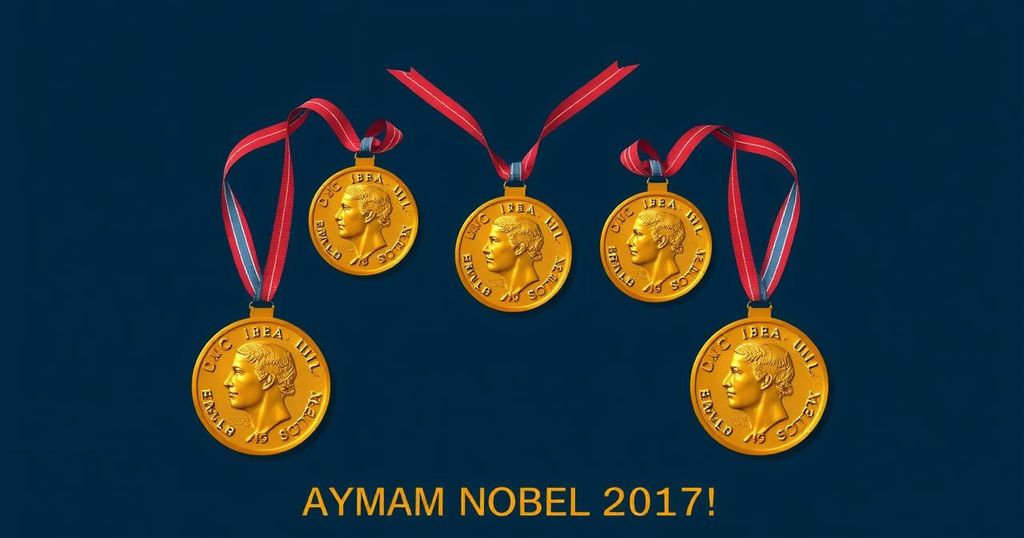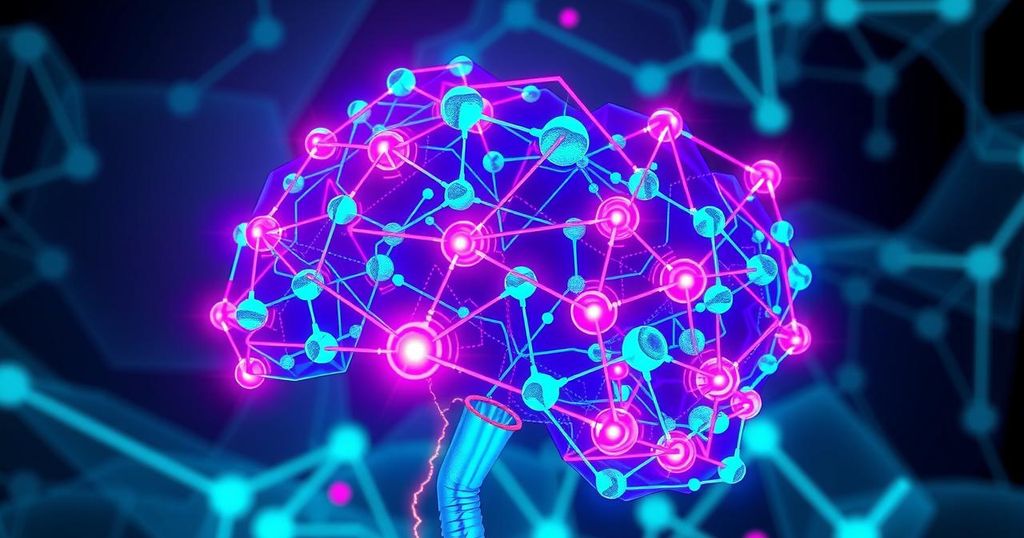Celebrating Nobel Laureates: Five UC Scientists Honored in 2024
Five UC-affiliated scientists received 2024 Nobel Prizes, acknowledging their groundbreaking contributions in medicine, chemistry, physics, and economics. Their achievements signify the University of California’s legacy in fostering innovation and research excellence, with notable laureates including Gary Ruvkun and David Baker from UC Berkeley, Geoffrey Hinton from UC San Diego, John Hopfield, also associated with UC Berkeley, and James A. Robinson, whose work focuses on political institutions and economic development.
In an extraordinary celebration of academia, five distinguished scientists with deep ties to the University of California have been awarded the prestigious 2024 Nobel Prizes. This remarkable achievement follows a centuries-old tradition of recognizing those who have made significant contributions to humanity. With roots in medicine, chemistry, physics, and economics, each laureate embodies the spirit of innovation and the university’s legacy of transformative research.
Gary Ruvkun, a UC Berkeley alumnus, garnered the Nobel Prize in Physiology or Medicine for his groundbreaking work on microRNA, shedding light on gene regulation. David Baker, also from UC Berkeley, received the Nobel Prize in Chemistry for his revolutionary advancements in protein design using computational methods.
Geoffrey Hinton, the revered ‘godfather of AI,’ who conducted pivotal postdoctoral research at UC San Diego, was recognized with the Nobel Prize in Physics for his foundational work in artificial intelligence that fuels contemporary systems like ChatGPT.
Alongside him, John Hopfield, who has historical ties to UC Berkeley, shared the Nobel Prize in Physics for his groundbreaking contributions to neural network algorithms. Moreover, James A. Robinson, whose influential research on political institutions reshaped understanding of economic development, was awarded the Nobel Prize in Economics, reflecting his impactful tenure at UC Berkeley. Each laureate’s path intertwines with the university, showcasing the profound legacy of education and mentorship that inspires future generations.
The Nobel Prize, inaugurated in 1901 by Alfred Nobel, serves to honor exceptional contributions to humanity in various fields including physics, chemistry, medicine, literature, peace, and economics. Annually, the Royal Swedish Academy of Sciences evaluates outstanding researchers and scholars whose work has the potential to benefit society at large. The University of California has a noteworthy legacy in this regard, with 71 Nobel laureates among its faculty and alumni, highlighting its commitment to fostering groundbreaking research and innovation across disciplines. This year’s Nobel Prize recipients exemplify the university’s ongoing impact on global scientific and scholarly advancement, emphasizing the collaborative environment that nurtures creativity and discovery.
In essence, the 2024 Nobel Prizes celebrate the remarkable achievements of five scientists linked to the University of California, recognizing their profound contributions to their respective fields. Their work not only reflects the university’s legacy but also underscores the transformative potential of academic partnerships and mentorship. As these laureates continue to inspire future innovators, their journeys remind us of the importance of curiosity and collaboration in the pursuit of knowledge.
Original Source: www.universityofcalifornia.edu




Post Comment